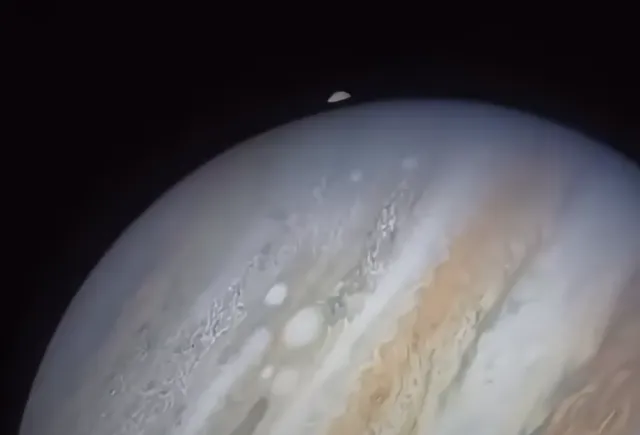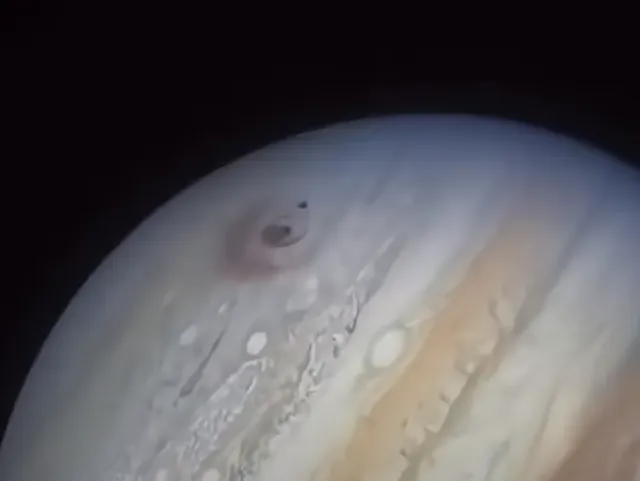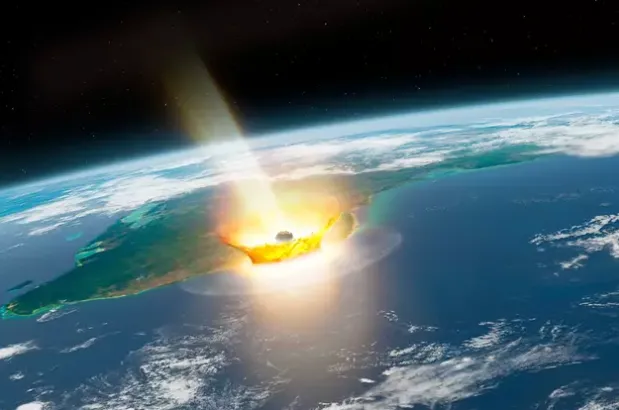An asteroid once crashed into Jupiter with the force of 300 million atomic bombs — and real images of the event are resurfacing, sparking existential dread and fascination across social media.
A historic asteroid event that wasn’t just science fiction
A viral video now circulating on social media captures a jaw-dropping moment: a celestial body slamming into Jupiter. But unlike sci-fi films, this is real.
The footage shows the aftermath of Comet Shoemaker-Levy 9, which collided with Jupiter in 1994.
This wasn’t just a minor space occurrence — it was the first recorded collision between two celestial objects in our solar system observed from Earth.
Astronomers worldwide studied it intensively, and now, almost three decades later, the public is rediscovering its eerie significance.

Unleashing power beyond imagination
Before the collision, Jupiter’s massive gravitational force tore the comet into 21 fragments, some up to 2 kilometers wide.
Between July 16 and July 22, 1994, these fragments impacted Jupiter at speeds of nearly 60 kilometers per second.
Each hit released energy equivalent to 300 million atomic bombs, and the resulting plumes of debris shot up to 3,000 kilometers into Jupiter’s atmosphere.
The sheer scale of destruction is nearly impossible to comprehend — and yet, it really happened.

The asteroid threat to earth: why it still matters
While the impact happened on Jupiter, it raises a crucial question: What if an asteroid hit Earth instead?
Fortunately, Jupiter acts as a shield, pulling many space objects away from Earth’s path.
But scientists warn that this protection isn’t absolute.
The asteroid threat, though statistically rare, is significant enough to justify large-scale monitoring efforts by global space agencies.
This event is more than history — it’s a wake-up call. Just as Shoemaker-Levy 9 shattered against Jupiter, Earth too could one day face a similar catastrophe.

A collective crisis of cosmic perspective
Online viewers didn’t just watch the video — they felt it.
“Imagining how big that asteroid is is scary. Compared to Jupiter… the biggest planet we have,” one Redditor wrote.
Others reflected on the ephemeral nature of human existence, questioning how little might be left of us if a similar event occurred on Earth.
Some responses were laced with humor, others with existential dread — but the message was clear: the universe is vast, indifferent, and constantly in motion.
“The sum total of all of our history could be gone in one frame,” one user said.“We get such a small amount of time to witness the beauty of what the universe has created — and we spend it so poorly.”